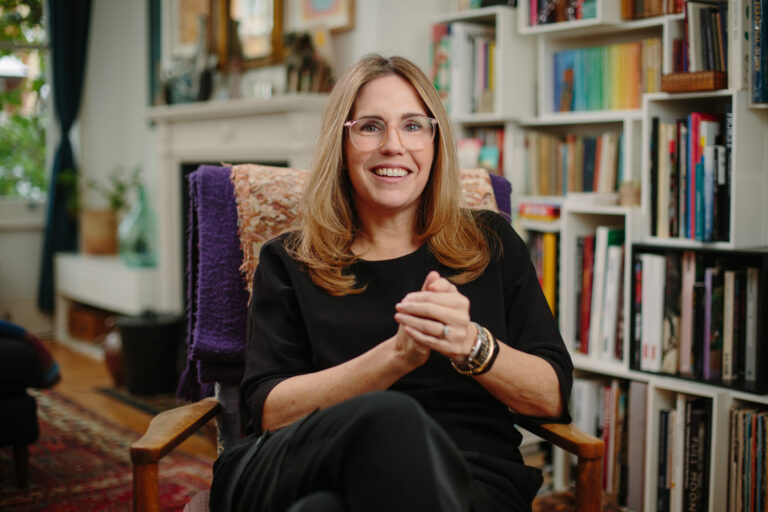Season 3: Building business resilience
Building business resilience

In this ever-evolving business landscape, the concept of resilience has taken centre stage.
Building business resilience is not merely about bouncing back from challenges; it’s about thriving in the face of adversity.
Based on my very own experience working for businesses and later on, creating my very own business from scratch, there are 2 critical pillars for this resilience: Sustainability and diversity (or “People”), which go beyond buzzwords, forming the bedrock of a robust and adaptable business model.
First up is sustainability.
Sustainability is often associated with environmental responsibility and challenges, but it extends far beyond eco-friendly practices. It encompasses a commitment to long-term viability, both environmentally and economically. Sustainable businesses recognise that their success is intrinsically linked to the health of the planet and the well-being of future generations.
When it comes to environmental responsibility, a sustainable business will focus on adopting practices that minimise their environmental footprint. There are several ways to approach this aspect such as reducing waste, conserving energy, and sourcing materials responsibly. It’s important to note that this not only benefits the planet but can also lead to cost savings and enhanced reputation.
But as previously mentioned, sustainability isn’t just about eco-consciousness; it’s about future-proofing your business. Companies that invest in sustainable technologies and practices are better positioned to navigate disruptions caused by resource scarcity, regulatory changes, or consumer demands for greener products.
Sustainability frequently fosters innovation. As a business leader, it is your responsibility to explore opportunities for reducing your organization’s environmental footprint, as innovative approaches can lead to the development of new technologies and processes, enhancing the overall adaptability of your business in response to change.
And innovation goes hand in hand with responsible supply chains— sustainable businesses must work to ensure that their supply chains are ethical and resilient. Diversify sources to reduce risks associated with disruptions in the supply chain, ensuring continued access to critical resources.
Lastly but certainly not least, when it comes to thriving sustainable businesses, it’s key to ensure that you engage with a wide range of stakeholders, from employees, to customers and investors. This engagement fosters loyalty, trust, and a sense of shared purpose. In times of crisis, loyal and honest relationships can be invaluable.
And that’s a fantastic introduction for my second pillar—People.
We are often hearing about DEI (Diversity, Equity and Inclusion) and this isn’t just about checking boxes on a corporate checklist. This is a vital component of building a resilient and innovative business culture.
A diverse workforce brings together a range of perspectives, experiences, and skills to create a dynamic and adaptable environment.
Diverse teams are more innovative. They bring different viewpoints, problem-solving approaches, and ideas to the table. This diversity of thought leads to creative solutions, helping businesses stay competitive in a rapidly changing world.
Adaptability is another advantage of diverse teams. Employees from different backgrounds are more likely to adapt to changing circumstances and respond effectively to unforeseen challenges. A homogeneous workforce may struggle to navigate unfamiliar territory, not to mention that a diverse team can provide valuable insights into diverse customer bases. This understanding can help tailor products and services to a wider range of customers, reducing market risks.
The real power in building business resilience lies in embedding sustainability into your strategic pillars while fostering a diverse approach to hiring and nurturing wider connections.
These 2 pillars are not mutually exclusive but complementary.
For instance, when sustainability initiatives are developed with input from a diverse group of employees, they are more likely to be comprehensive and successful. In addition to that, a commitment to sustainability can be a unifying force that aligns with a company’s values, fostering a sense of purpose among employees from all backgrounds.
Diverse teams are often more effective at generating innovative, sustainable solutions. Their varied perspectives can lead to breakthroughs in eco-friendly product development and environmentally responsible business practices.
Talking about people and connections, a diverse supply chain, which includes suppliers from various backgrounds and regions, can enhance resilience—ust think about the challenges we had to face back in 2020 at the height of the pandemic. Businesses that were heavily dependent on China suffered greatly when compared to those with a more diverse network of suppliers. Diverse suppliers are more likely to have alternative sourcing options and can provide valuable insights into regional risks.
Sustainable and inclusive businesses actively engage with their communities. This can lead to stronger partnerships and support during times of crisis, whether it’s an environmental disaster or a social issue that affects the community.
In conclusion, building business resilience is a multifaceted endeavour that involves integrating sustainability and diversity into your organisation’s best practices.
By weaving sustainability and diversity into the fabric of your organisation, your business can navigate challenges more effectively, attract top talent, and build a resilient foundation for long-term success. Embracing these principles isn’t just a corporate responsibility; it’s a strategic imperative for thriving in an ever-changing world.
Because using business as a force for good is, without the shadow of a doubt, the right thing to do.





Leave a comment